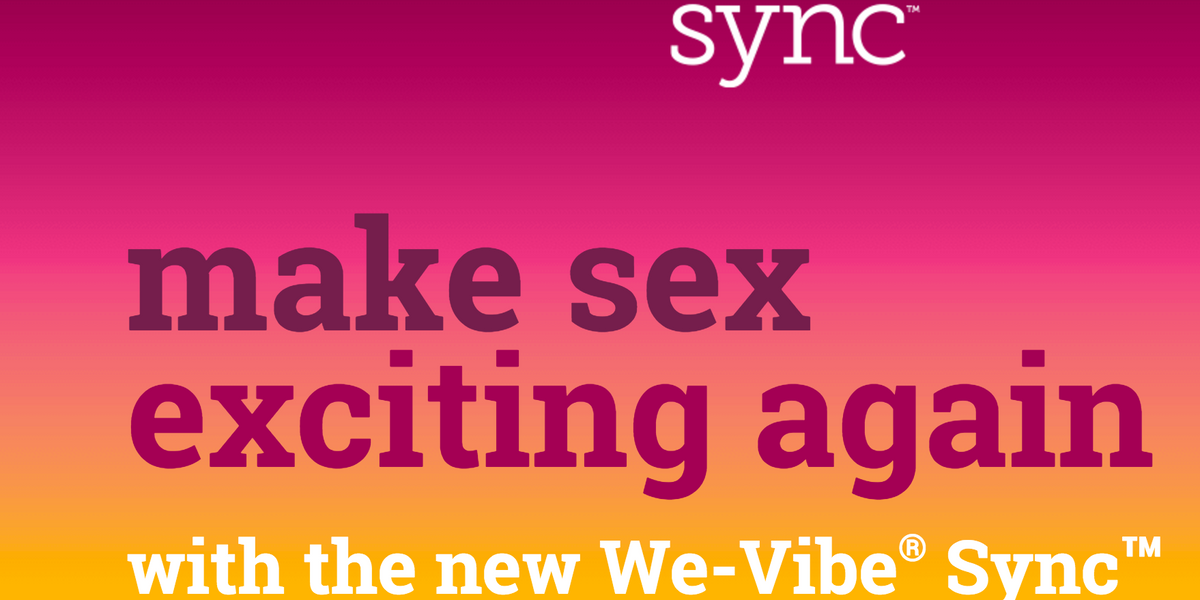
NSFW
A Vibrator Company is Being Forced To Pay Millions to Customers Who Claim That It Had Been Tracking Their Use
14 March 2017

Kellyanne Conway's claim that you could surveil people using microwaves might not seem as crazy after you hear about a company who has just reached a $3.75 million settlement in a lawsuit that has been going on since last September. Apparently, the Canadian manufacturers of the "We-Vibe," a remote-controlled vibrator, were sued by customers who alleged that their vibrators were being used to not only track some of their sexual practices, but also their email addresses and other personal information.
We-Vibe's catch has always been that their vibrators can be paired with an app for use via remote-control. This feature has been used to help spice things up personally, as the user adjusts settings for themselves with their phone, and collectively, as partners living across the globe from one another can control each other's settings. It was undoubtedly a clever idea that really did seem to adhere to the company's goal to "Make Sex Exciting Again."
However, the findings that these settings were simultaneously being used to gather intimate information—in both senses of the word—is extremely concerning. According to the lawsuit from last September, the app that the vibrator connects to for that special remote-controlled access had been specifically designed to secretly track how often and with what settings the vibrator was being used, all without the customer's knowledge or consent.
Standard Innovations, the company behind We-Vibe, are not denying what is being alleged against them but instead are insisting that customers had indeed given the company their consent to have that data collected from them. Nevertheless, the company has decided to settle instead of dragging the case to court. Terms for the $3.75 million settlement declare that We-Vibe customers can get payouts ranging anywhere from $199 to $10,000, though the company estimates that most payouts will fall in the range of $40 to $500.
[h/t NPR]
Splash photo via screenshot from company website